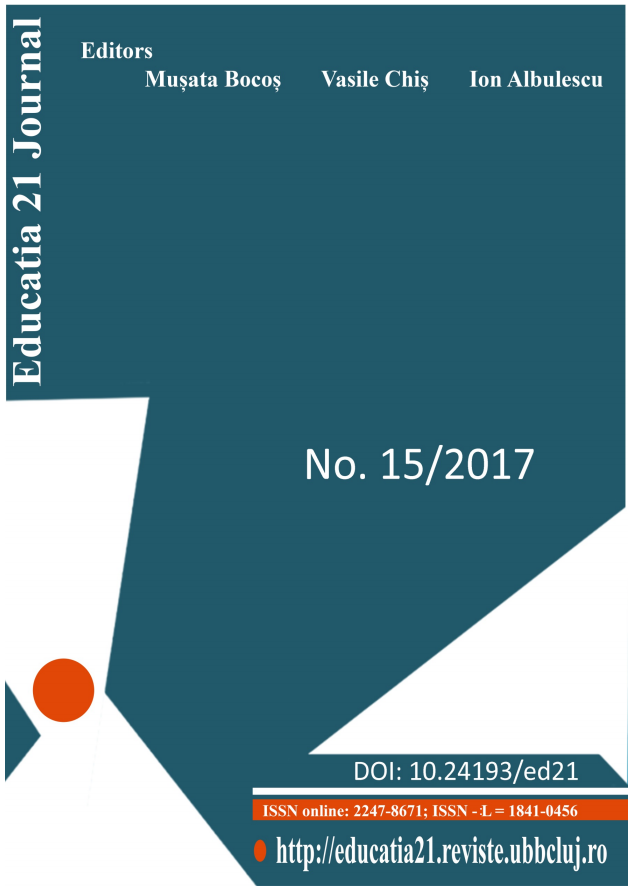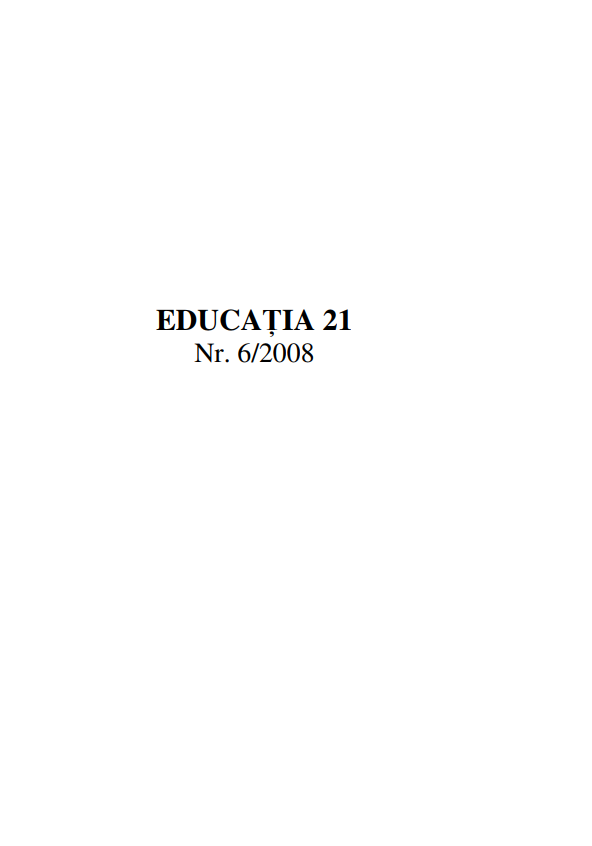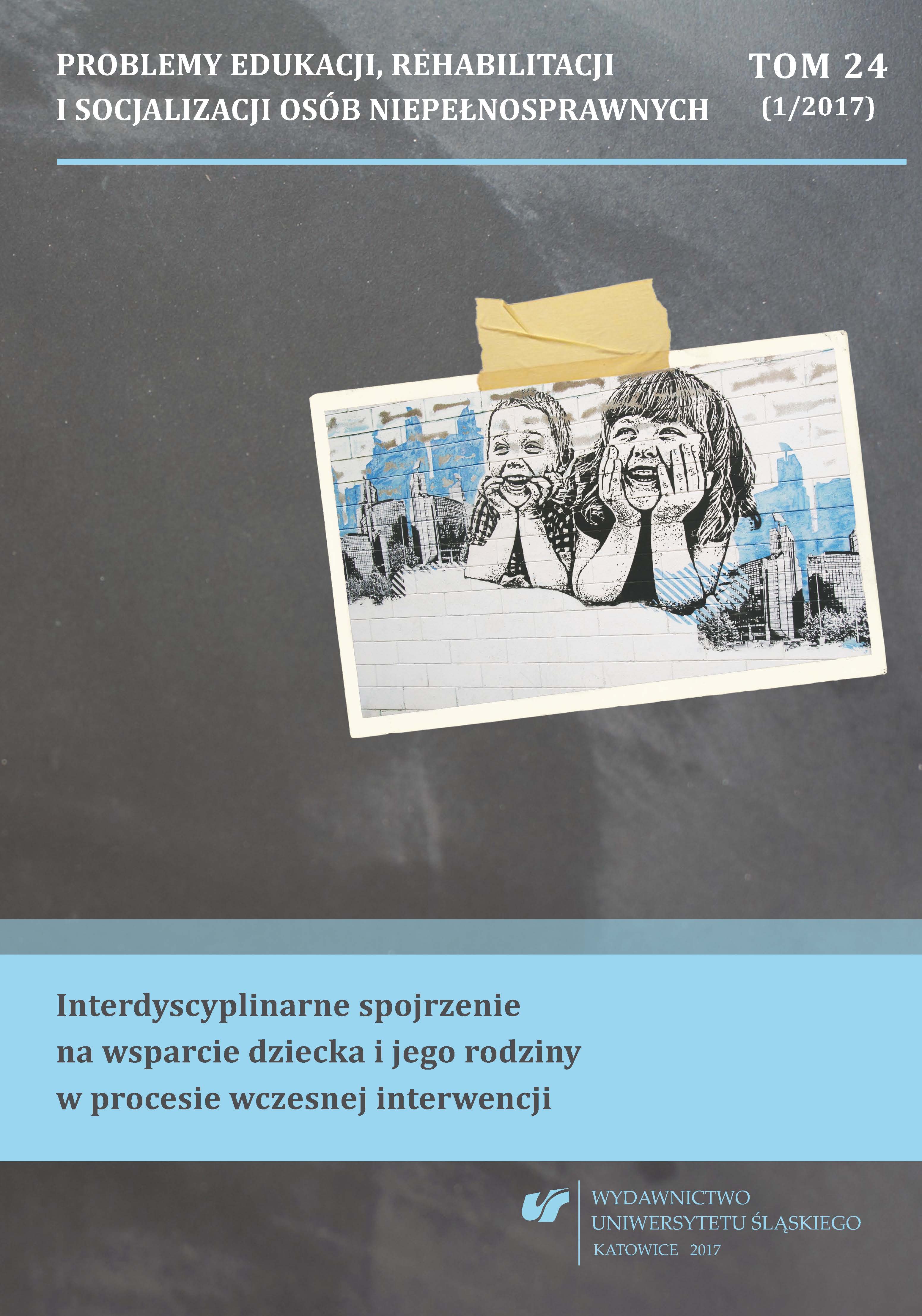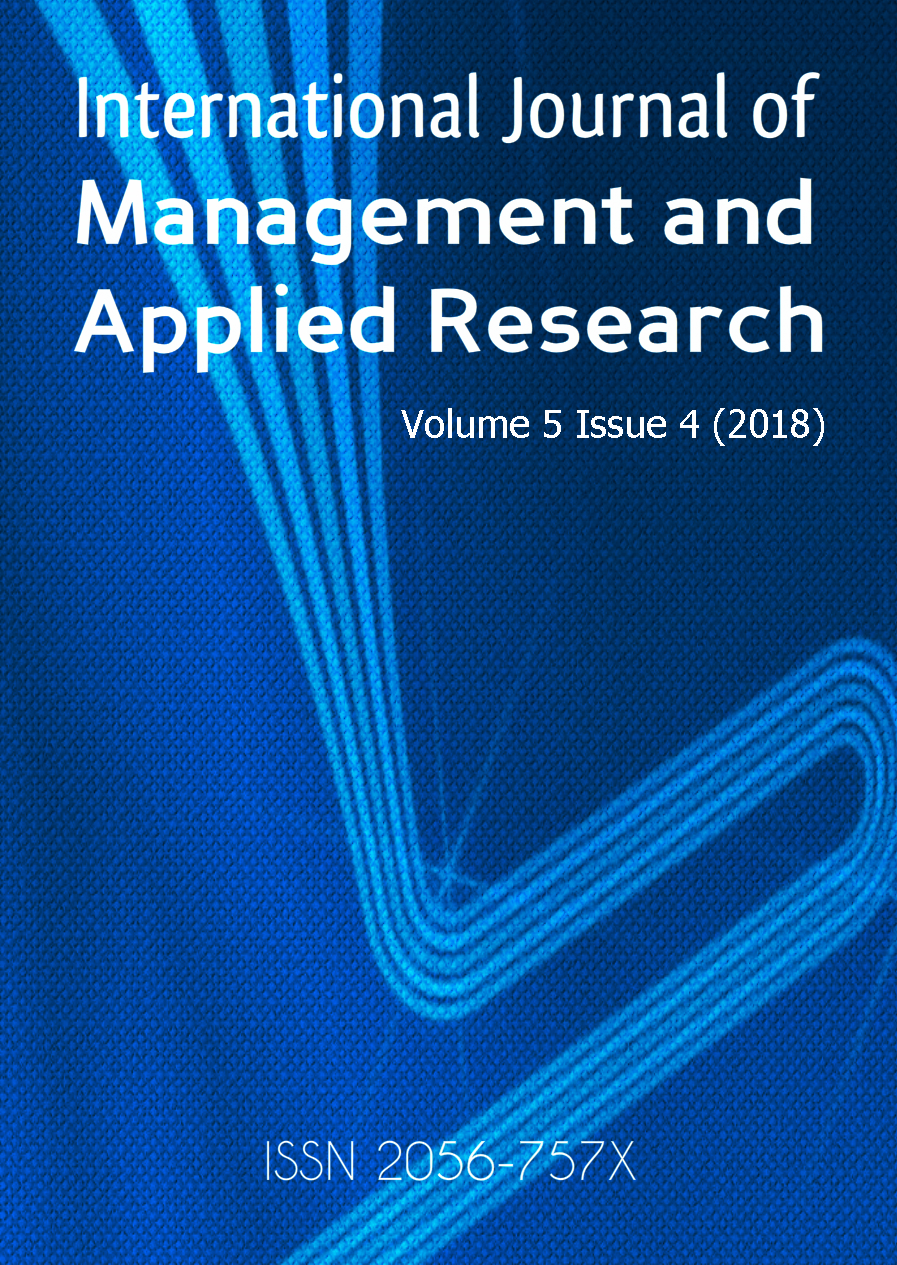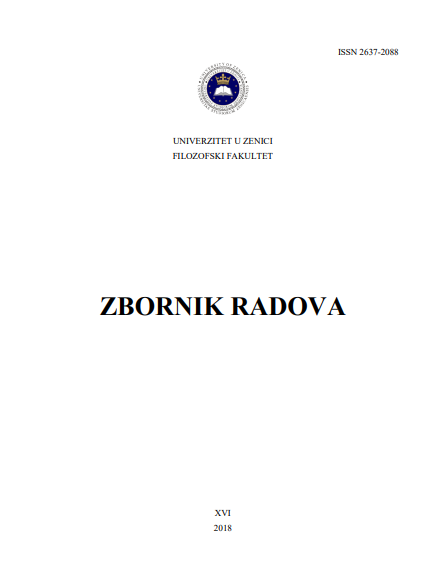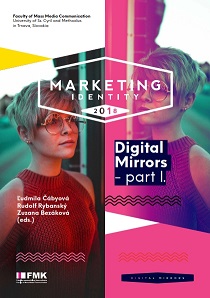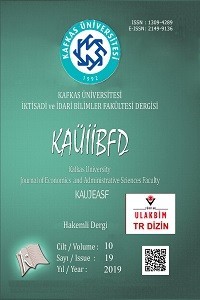The Impact of Disciplinary Problems on Academic Achievements
This article describes aspects affecting pupils' behavior in class, and the impact of pupil's behavior upon his academic achievement. The writer displays factors affecting pupil's in-class behavior, and the ramification of his behavior upon his relations with peers and faculty, and the impact of these relations or the lack of them upon his academic achievements, and vice versa. It depicts the cycle of interrelated impacts upon school climate and learning atmosphere. In the last decade there is an obvious deterioration in discipline breaches in school. Educators and other school employees complain about the worsening daily atmosphere they have to cope with, about pupils' inappropriate behavior, and about the frequency of disciplinary problems. Several teachers report that during the period, instead of teaching, they are constantly required to deal with disciplinary problems. The researcher is of the opinion that if relations between teacher and pupils are negative, the class is doomed to failure, regardless of its location, while good teacher-pupils relations positively affect all the characteristics of the school climate: good relations lead to behavioral and academic improvement, raises scientific curiosity, and contributes to improve relations among pupils, improve emotional experience, and contributes to learning motivation.
More...
